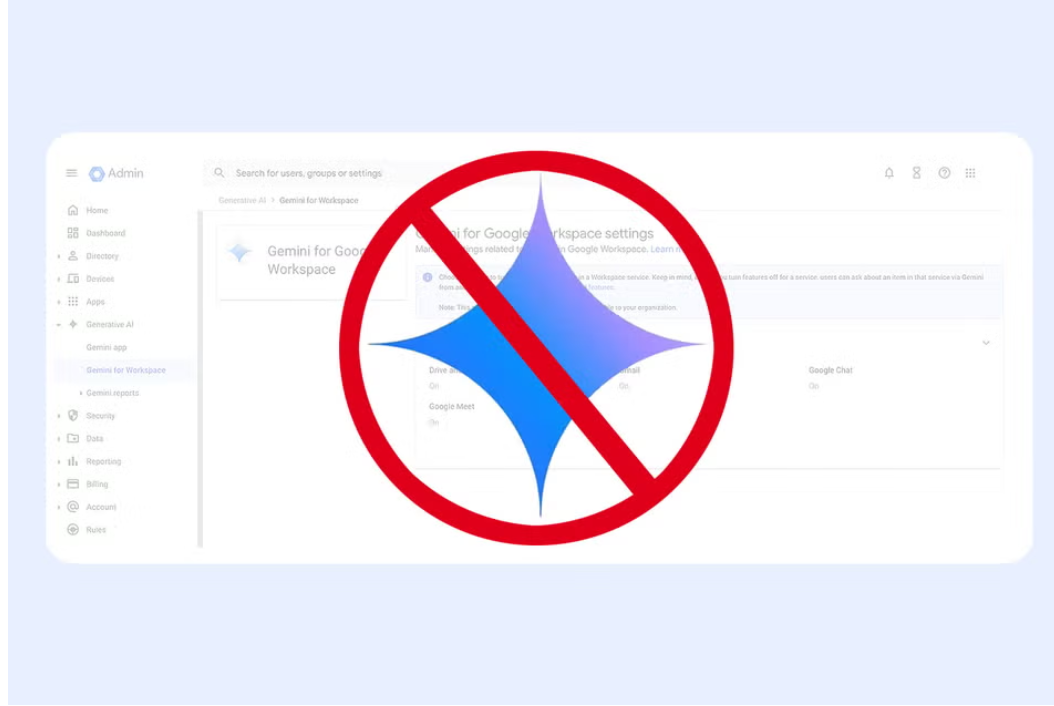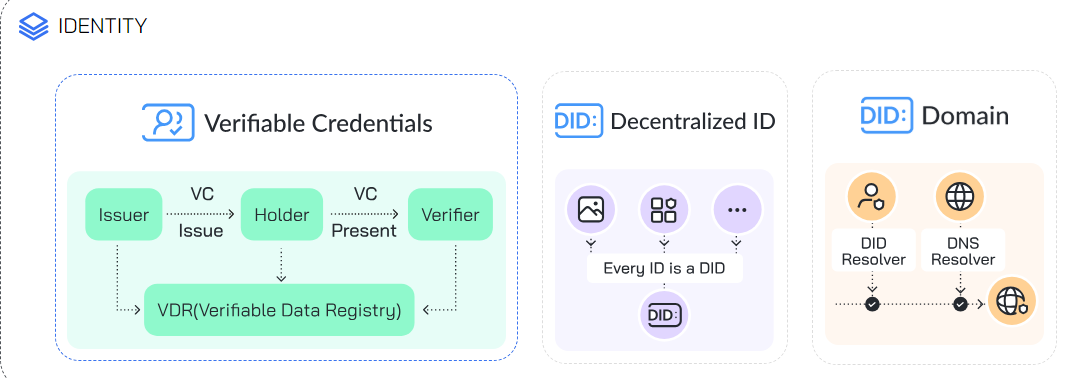The digital landscape is evolving at breakneck speed. Our daily lives—from gaming to workplace collaboration—are increasingly mediated by tech giants, whose systems govern and store much of our personal data. Two recent developments underscore the potential pitfalls of entrusting large companies with that data: the shutdown of EA’s Origin app and Google’s default opt-in for its new AI platform. Together, they serve as cautionary tales for both consumers and businesses, highlighting the urgent need for more user-centric alternatives like decentralized identity.
Centralized Control and Its Consequences#
EA Is Shutting Down Its Origin App#

In a recent article on How-To Geek, it was revealed that EA is phasing out the Origin app, prompting users to secure their game libraries before the shutdown. While EA assures that players won’t lose access to purchased titles, this shift places the onus on gamers to take proactive steps—exporting data and transferring accounts—so they don’t risk losing their game libraries.
From an industry standpoint, this scenario exemplifies dependency risk. When a single entity pulls the plug on a service, users can be left in limbo, scrambling to preserve years of content or purchases. It’s a stark reminder that even if well-intentioned, centralized platforms maintain the power to shape or disrupt user experiences at will.
Google Gemini AI Workspace’s Default Opt-In#

Meanwhile, Slate reports that Google is introducing Gemini, an AI-powered Workspace feature, and users are opted As seen with EA's Origin transition, decisions like shutting down services or changing privacy policies can leave users scrambling in by default. This move raises critical questions about privacy and user autonomy. Automatic enrollment means that many individuals—especially those unaware of the new policies—end up sharing more data than they might realize.
From an enterprise lens, this underscores transparency and consent pitfalls: organizations can unintentionally (or intentionally) sidestep best practices for informed consent. Over time, accumulating vast troves of user data under corporate control heightens the risk of data breaches and engenders mistrust among a privacy-conscious public.
The Risks at Scale#
When data is centralized under a handful of corporate entities, the risks multiply:
- Vulnerability to Data Breaches
Large, centralized databases present tempting targets for cybercriminals. A single point of failure can expose millions—if not billions—of user records in one incident. - Limitations on User Autonomy
As seen with EA's Origin transition, decisions like shutting down services or changing privacy policies can leave users scrambling. In such systems, users maintain their own unique “identifiers” and share data selectively on a need-to-know basis.. The more data a company holds, the more reliant end users become on that platform. - Compliance and Regulatory Pressures
Businesses face increasingly stringent data protection laws such as GDPR and CCPA. A single compliance oversight in a centralized data repository could lead to hefty fines and reputational damage. - Innovation Roadblocks
When a small number of companies wield outsized influence over data standards and user access, it can stifle competition and deter new market entrants with innovative solutions.
The Promise of Decentralized Identity#
Enter decentralized identity, a paradigm where individuals retain control of their personal information rather than relinquishing it to a single, centralized authority. In such systems, users maintain their own unique “identifiers” and share data selectively on a need-to-know basis.

This user-centric approach holds transformative potential for businesses, developers, and consumers alike:
- Security by Design: Decentralized frameworks distribute data, reducing single points of failure and making hacks less attractive and harder to execute.
- User Empowerment: By placing data ownership back in the hands of individuals, decentralized identity systems help ensure transparency and informed consent.
- Interoperability and Innovation: Standards-driven decentralized solutions promote interoperability across platforms, inviting collaborative and competitive ecosystems that benefit everyone.
- Regulatory Readiness: Decentralization allows businesses to more easily demonstrate compliance with data protection regulations, as user data is not stored in one large silo.
How ArcBlock Is Enabling the Next Generation of Data Experiences#
ArcBlock is at the forefront of the decentralized identity movement, enabling builders and developers to craft experiences where users maintain real control of their data, including DID Wallet, DID Connect, and DID Spaces.
- DID Spaces: Personal Data Freedom
ArcBlock’s DID Spaces initiative showcases how Decentralized Identity (DID) can be woven into real-world applications. By giving each user a self-sovereign identity, DID Spaces ensures that private data stays private, accessible only when and where users share it. - Protecting User Data
ArcBlock explains the mechanics behind safeguarding user data in a decentralized environment in this deep dive. Through cryptography, distributed storage, and transparent governance mechanisms, ArcBlock’s technology illustrates how trust can be engineered into digital systems rather than merely promised.
For Developers and Industry Leaders#
- Flexible platform: ArcBlock provides modular tools for developers to embed decentralized identity and authentication directly into their applications including access to a no-code AI app platform. This lowers the barrier to entry for building privacy-first products.
- Scalable, Future-Proof Infrastructure: By embracing decentralized principles, solutions built on ArcBlock inherently scale without forcing developers to maintain centralized databases.
- Ready-made Blocklets: Modular, reusable components that help to streamline dApp development.
- Improved User Engagement: Consumers have the ability to easily share when, how and where their data goes with a simple swipe giving them more confidence and trust.
Why It Matters Now#
With tech giants rolling out sweeping changes—such as EA’s app shutdown and Google’s default opt-ins—the industry conversation is shifting rapidly. Users are more aware than ever of potential data misuse, and governments worldwide are stepping up regulatory efforts. For businesses and developers, this convergence of consumer sentiment, policy change, and emerging technology poses both an opportunity and a challenge:
- Opportunity: To pioneer user-centric, resilient services that differentiate themselves in a crowded market.
- Challenge: To rethink data architecture and governance strategies in order to avoid the pitfalls that come from centralized models.
By integrating decentralized identity solutions, businesses can future-proof themselves against abrupt service changes, data breaches, and eroding consumer trust. Users, in turn, reclaim the autonomy and security they rightly deserve.
Try It Today#
See what decentralized identity can do by experiencing it firsthand. Visit ArcBlock's giveaway site https://giveaway.didwallet.io/en. Or, launch your first dApp in just a few steps by visiting https://launcher.arcblock.io.
